- Pool Heating
- 1 likes
- 13379 views
- 0 comments
Sunshine, heat, summer and a swimming pool in the garden... This rather idyllic view involves a number of measures to make using the pool as comfortable as possible. It is not just the cleanliness and clarity of the water. Its temperature is also an important factor. This, too, must be optimal for a pleasant and healthy swim. In Polish conditions, this requires the purchase of appropriate equipment, as there are few hot and sunny days on the calendar.
- An outdoor pool is more difficult to heat than an indoor pool
- The best solution for heating a garden pool is a heat pump
- Heating should be supported to reduce heat loss by covering the pool
Related articles
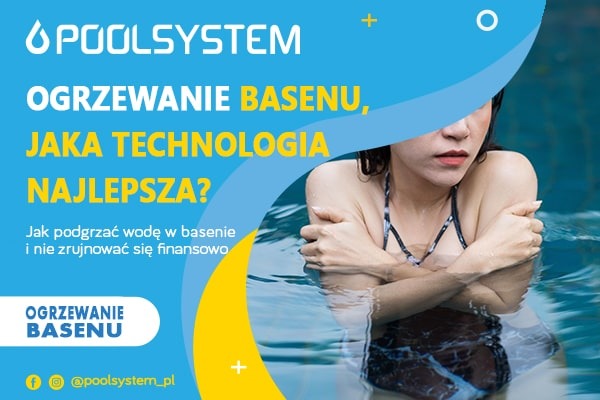
Swimming pool heating, Which technology is best?
Walruses are becoming increasingly popular in Poland, but it is still a niche hobby. Humans by nature are thermophilic, so the desire to bathe in warm bodies of water is not surprising. If we own a swimming pool, we would also like the water in it to be at the right temperature.
Read moreWhat to heat a garden pool with?
There are various methods of heating a garden pool. We can mention three of the most popular solutions. These are the heat exchanger, the pool pump and the electric heater. Some of the solutions are cheaper, while others are more expensive. We are also referring to the running costs, which can vary strongly depending on the technology used.
The heat exchanger is more commonly used for indoor pools, but it can also be used to heat a garden pool. The operation is simple - a heat exchanger connected to the domestic central heating system heats the water inside the pool. Unfortunately, the solution is not the cheapest and requires accurate calculations as to the power of the cooker, and these are complicated by changing weather conditions.
The electric heater is the cheapest, yet most expensive solution. The device itself does not cost much, worse is the power consumption. The electric heater allows water to heat up quickly. However, looking at the cost it generates, this method can only be justified in very small pools.
The solution we recommend is to heat your garden pool with a heat pump. This is an electrical device that extracts heat from the ambient air and transfers it to the water via a titanium heat exchanger. This is the most efficient method and the cheapest to maintain.
However, the choice of heating method is always up to the client. It is worth consulting a specialist who can expertly advise you on the ideal solution. Especially if you're in the process of designing a swimming pool. The expert will calculate the heat requirements and give you an indication of the costs.
See all products that will help you heat your pool
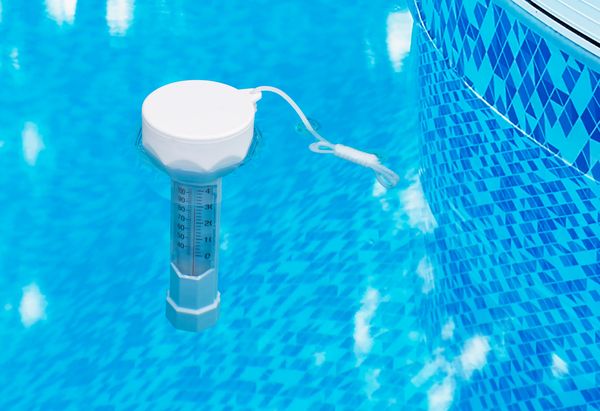
Useful products

How to choose the output of your pool heater
Depending on the method chosen, it will be easier or more difficult to choose the right output for the pool heater.
If we want to use a heat exchanger connected to the central heating furnace, the matter is complicated. The designer has to calculate the energy demand that is required to heat the water. This is calculated according to a complicated formula which takes into account many variable factors. Only on the basis of this can a suitable furnace and heat exchanger be selected.
Similarly for the heater. More power means faster heating of the water, but also more power consumption. In addition, we are limited by the efficiency of our electrical installation. Therefore, the heater should also be selected by a professional. Not to mention its connection, which requires specialist electrical and plumbing knowledge
The question then remains whether I am able to select any device myself to heat the pool water. Swimming pool heat pumps are grateful insofar as they can be easily matched to the pool. Manufacturers state in the specifications for a particular product what size of tank the heat pump is designed for.
Expert Advises!
Remember that the unit should be selected based on volume (m3), not water surface area (m2). The surface area of the water surface may be the same, but it is the depth that has a big impact on the lithium volume.

What should be kept in mind when heating a swimming pool?
When heating the pool, remember to limit heat loss. When not in use, cover the pool with solar film or a roller blind. This will greatly reduce evaporation of the water, through which a lot of heat is lost.
If you decide to use one of the pool heating methods, make sure you have a professional installer. If you're not skilled enough, and specialist knowledge is required for these devices, don't do anything on your own. You could risk electrocution, damage to the electrical system or even a fire.
Heating your garden pool will extend its useful life, but will not make it a year-round pool. Heating a pool in winter is possible, but completely uneconomic.
See all products in the pool covers category
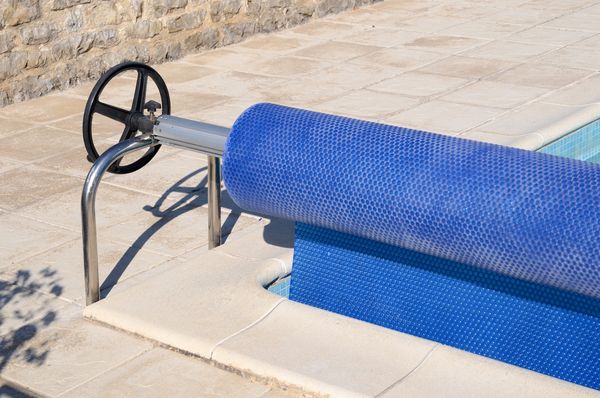
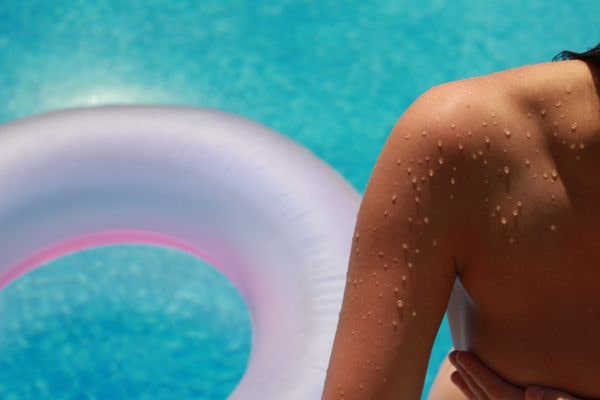
Comfort worth the price
If we had to recommend a way to heat your garden pool, we would strongly encourage you to buy a heat pump. Although the unit is expensive, the price is offset by its cheap running costs. A heat pump will extend the enjoyment of your garden pool. However, it is worth calculating everything. In the case of very small pools, it will be cheaper to pour out the water and pour in new - warm - water, because it is not appropriate to mention "cottage" methods of heating.
The amount of water to be heated in an 8x4x1.5 m pool is considerably less than in an 8x4x2 m pool. Although the dimension of the water surface will be identical at 32 m2, the volume differs dramatically. The former has a volume of 48m3 and the latter 64m3.
Yes, there are different types of coverings. Solar film is just one of them. You can cover your pool with a special tarpaulin or build a canopy.
Although a very popular solution especially in typical allotment pools, we do not recommend this method. We consider it ineffective and strongly dependent on the temperature outside.
With a pool heat pump, we'll be able to enjoy warm water even in late September. Of course, it all depends on the prevailing weather.
FAQ - Questions and answers
Ask a POOLSYSTEM.PL specialist

Tomasz Tomkowicz
Pool Technology Specialist
Thank you for reading our article, if you have more questions or need more specialized help - write to me using the form.
Look for answers in our knowledge base
Jestem bardzo zadowolona z usług tej firmy. Każdy nam odmawiał pomocy, nawet firma montująca basen. Pool system zjawił się i doprowadził basen sprzed paru lat do stanu używalności, co więcej dokonał napraw uszczelniających co spowodowało ze basen stał się w pełni sprawny. Naprawdę polecam !

Bardzo miła i sympatyczna obsługa oraz fachowe doradztwo techniczne.

Bardzo profesjonalna i cierpliwa obsługa. Odbierają telefony, wszystko dokładnie wytłumaczą, wysyłają praktycznie na drugi dzień każdą część którą potrzebuje klient. Pan Krzysztof z serwisu rzetelnie podpowie co zrobić i jak rozwiązać swój basenowy problem, jeśli chcemy majstrować przy basenie sami. Pan Paweł i Marcin też skarbnica wiedzy technologii basenowej. Dobre ceny. Polecam firmę i pozdrawiam zespół POOLSYSTEM

Jak budujesz basen to to miejsce jest dla ciebie, osprzęt, doradztwo i miła obsługa.

Super obsługa doradzi pomoże,ceny na duży plus .Polecam

Bardzo mili ludzie, to naprawdę profesjonaliści. Nie lubię zakupów, ale spotkanie z Nimi było bardzo przyjemne.






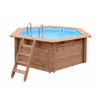
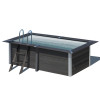
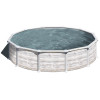
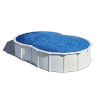
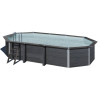
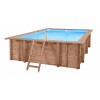
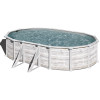
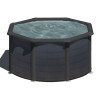








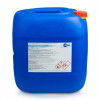
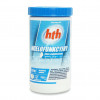
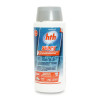
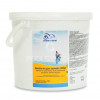
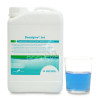
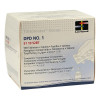






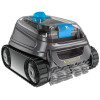

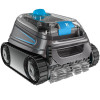
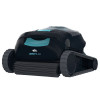
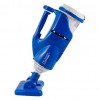




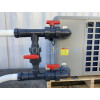
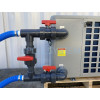
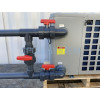











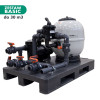
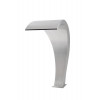
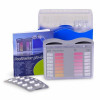
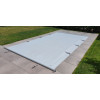

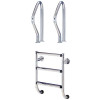










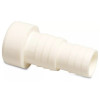
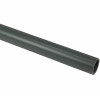
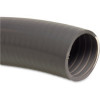
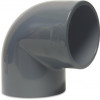
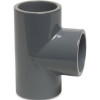
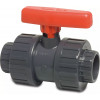
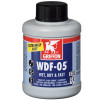
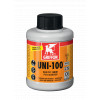







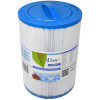
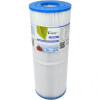
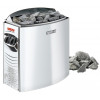

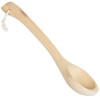
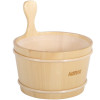

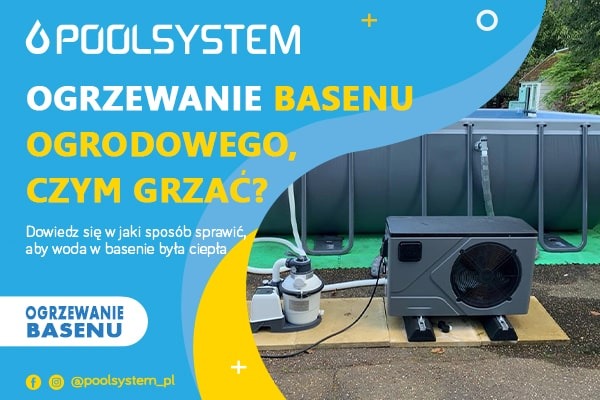

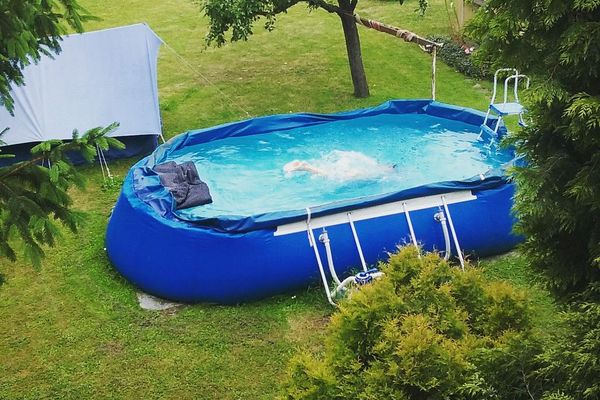



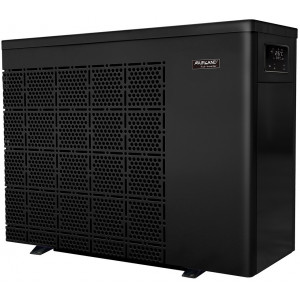

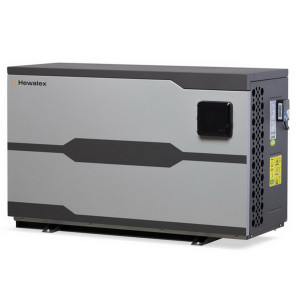

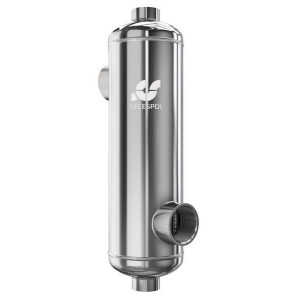

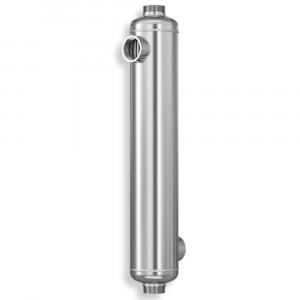

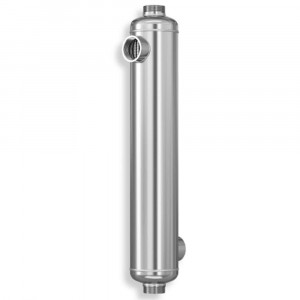

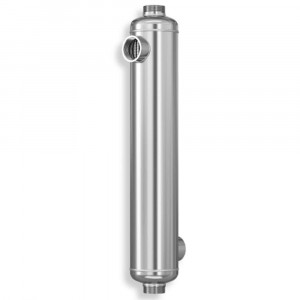

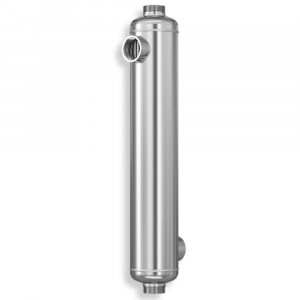

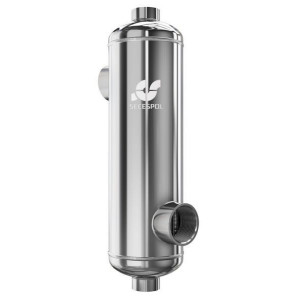

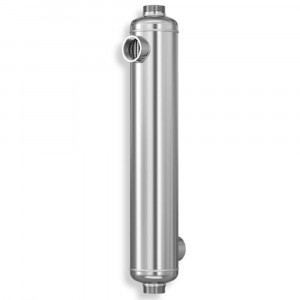

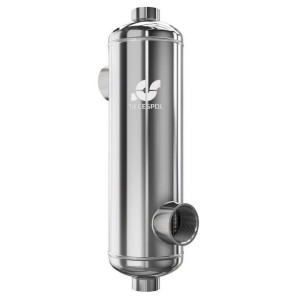

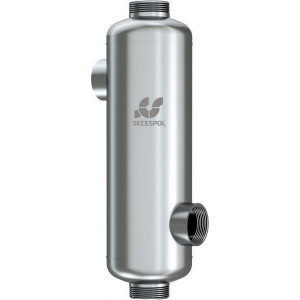

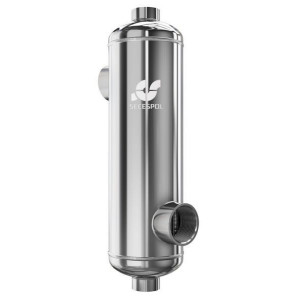

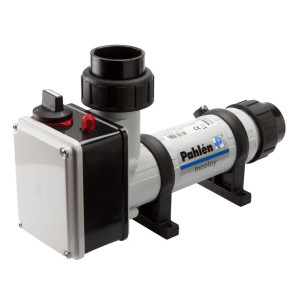
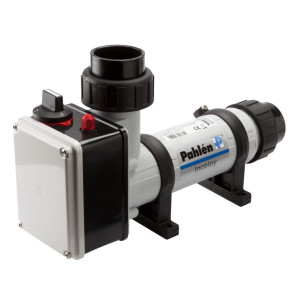
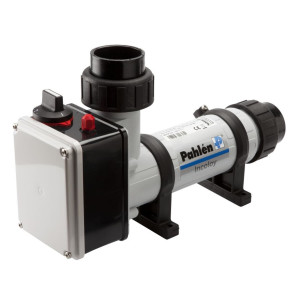
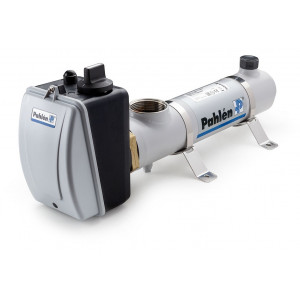

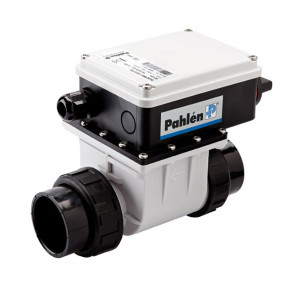

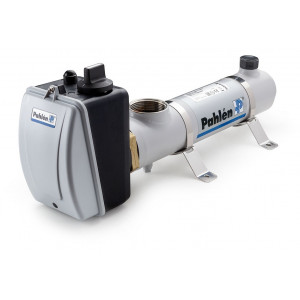

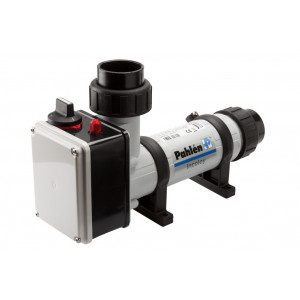

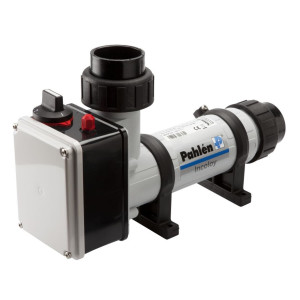
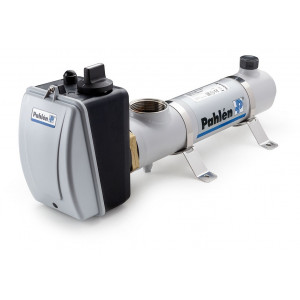

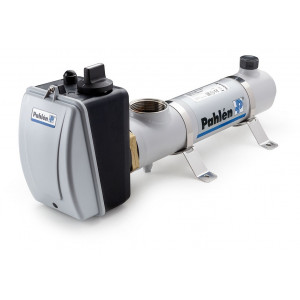


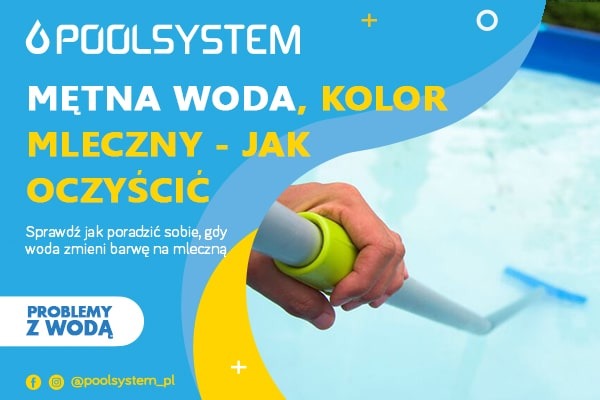
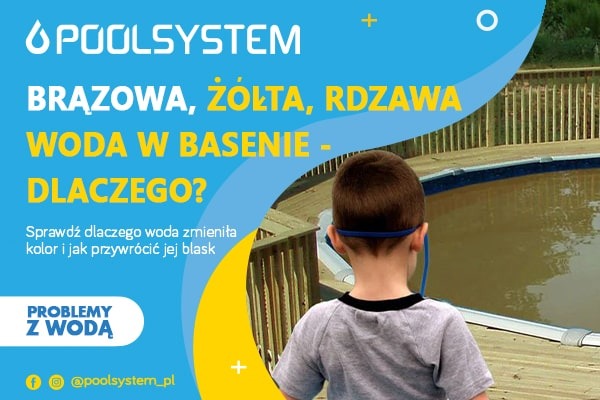
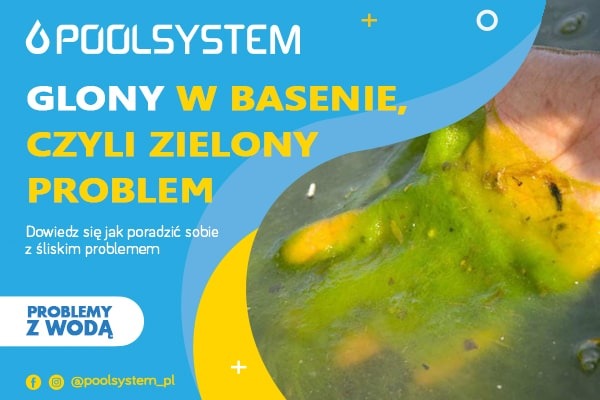
Comments (0)